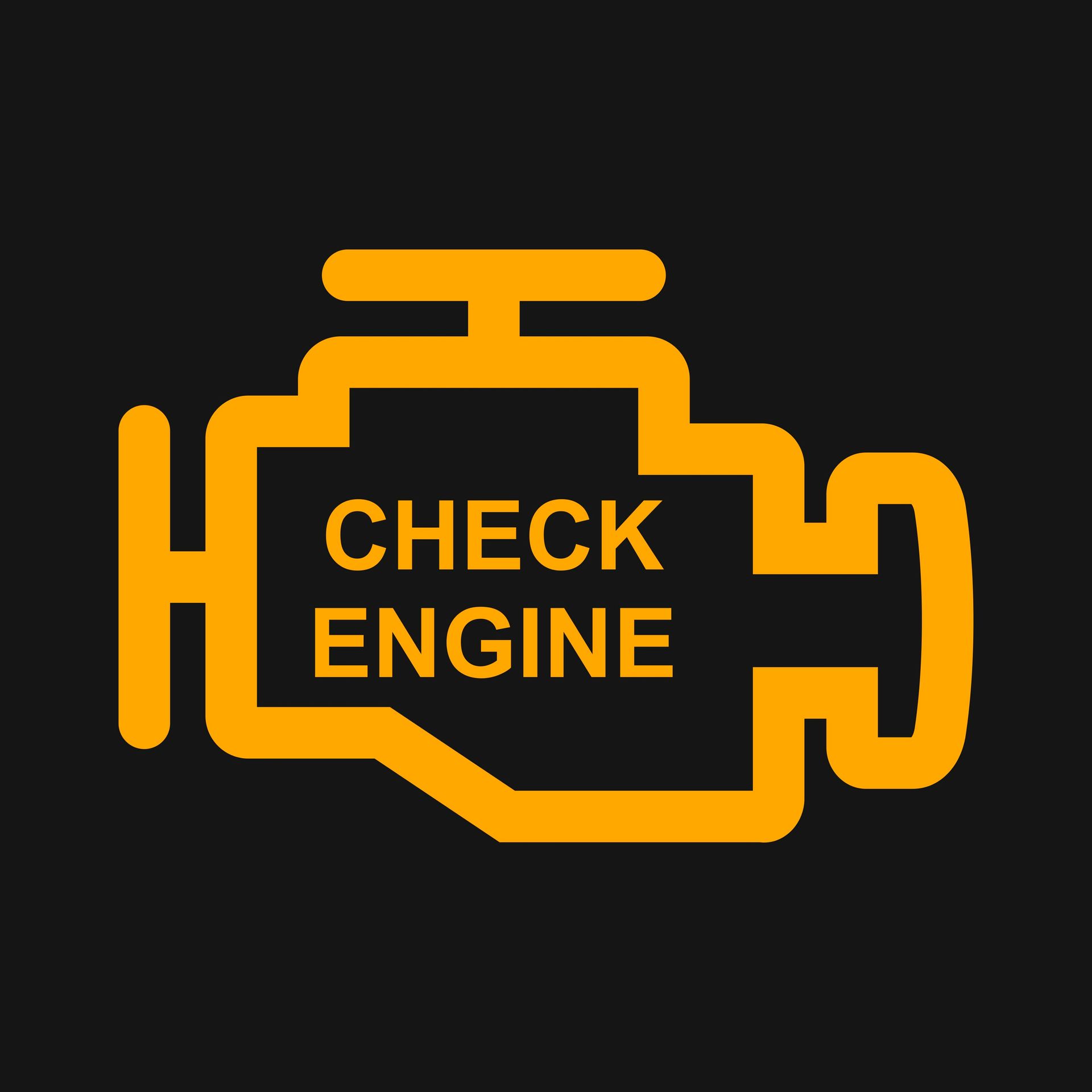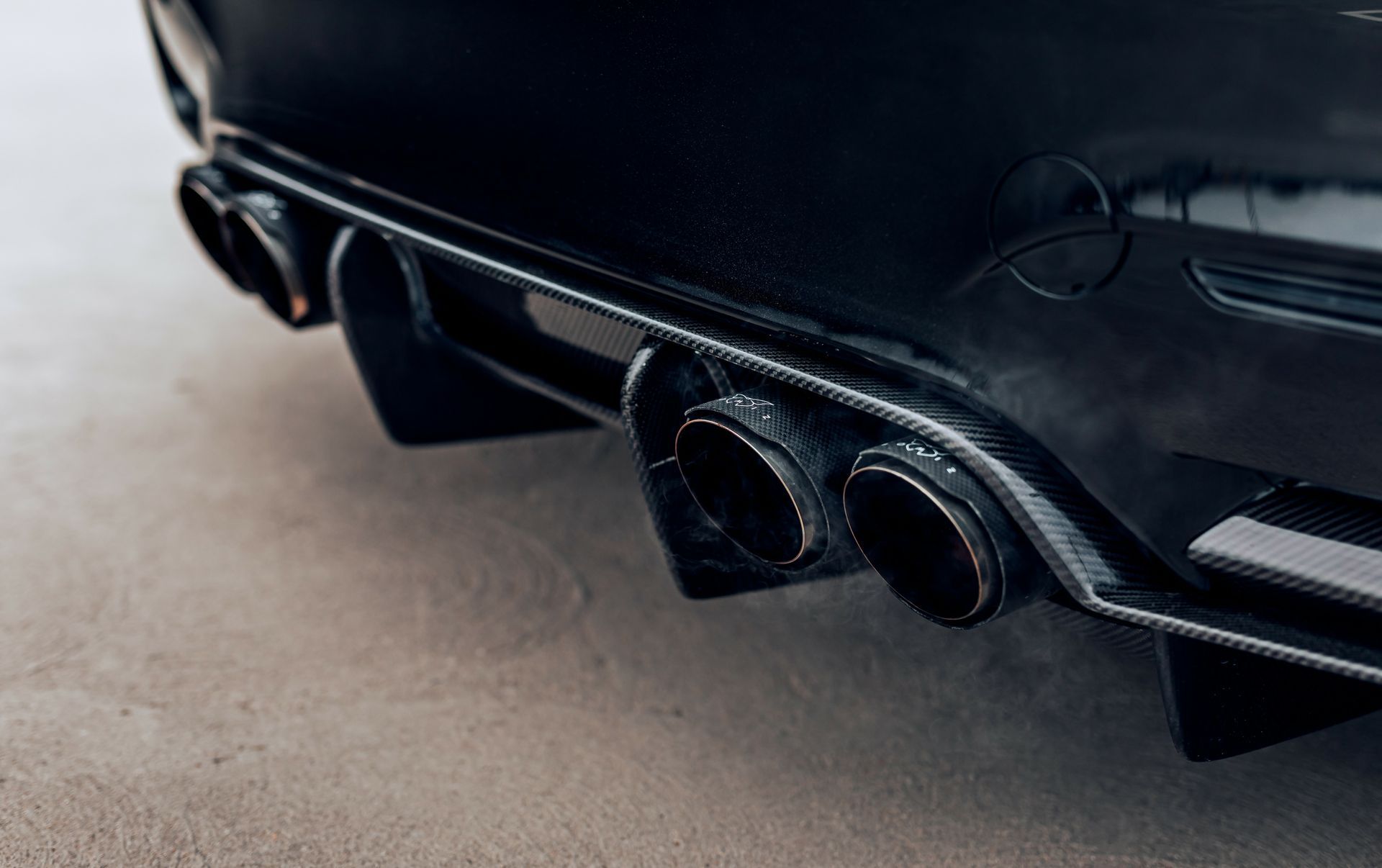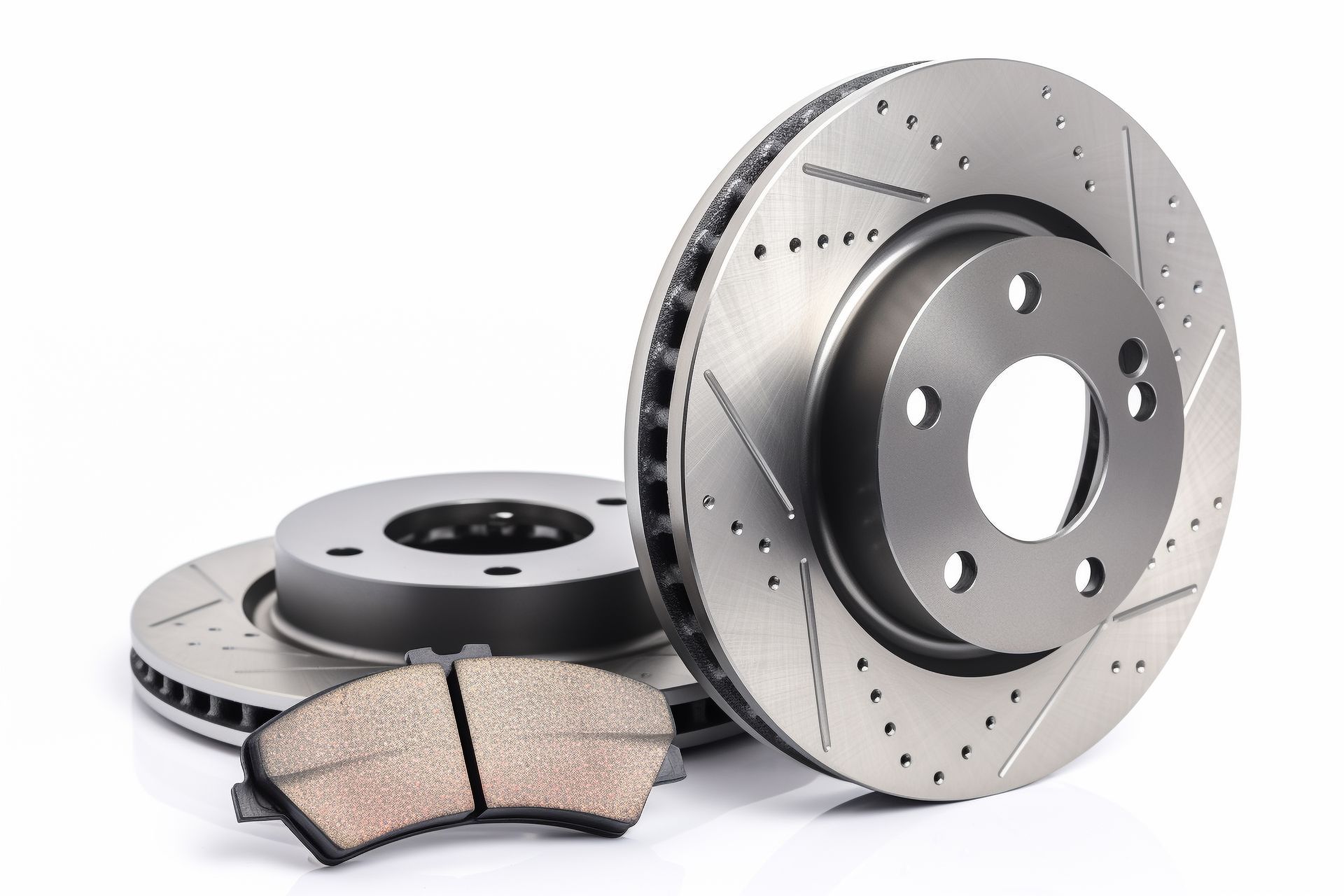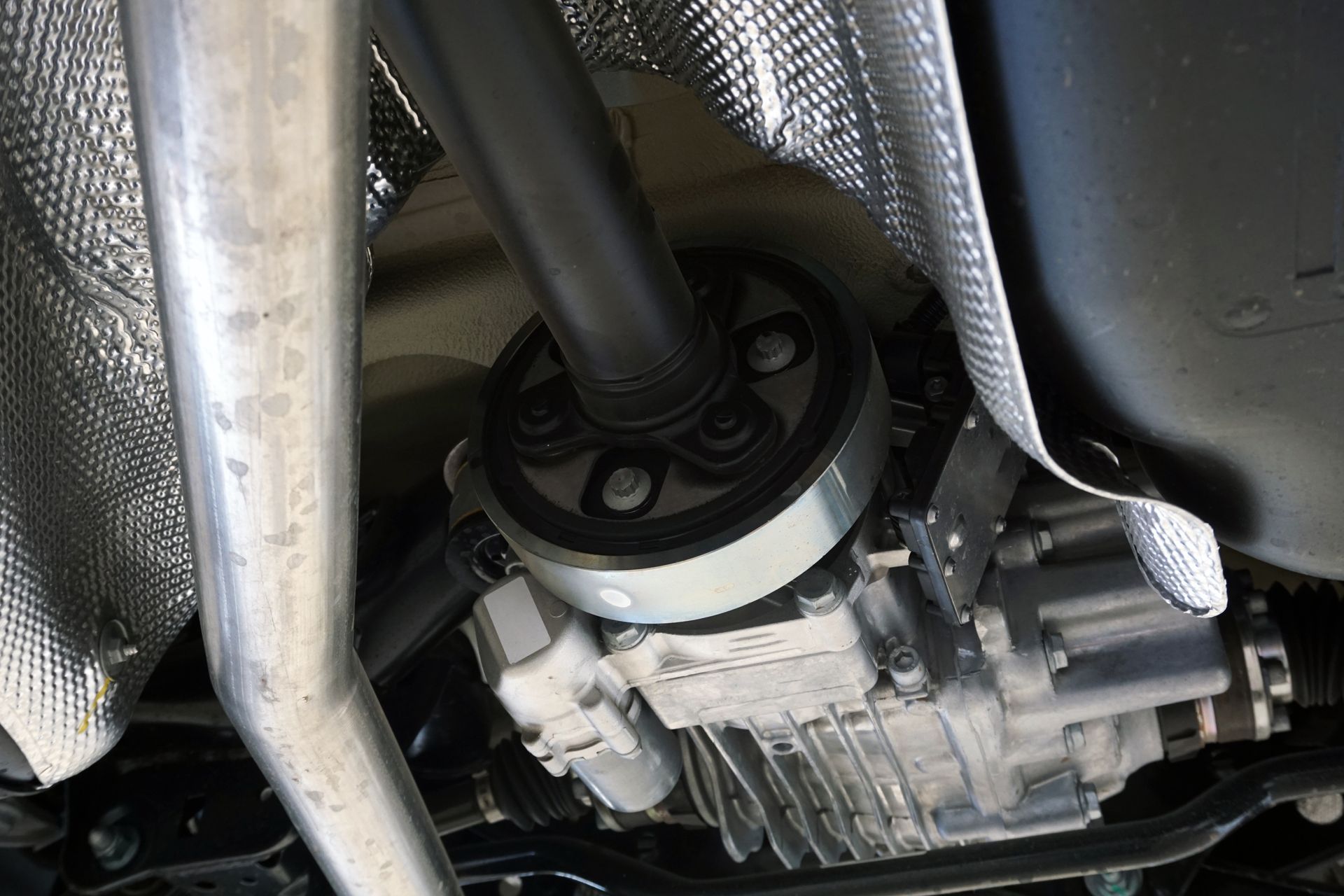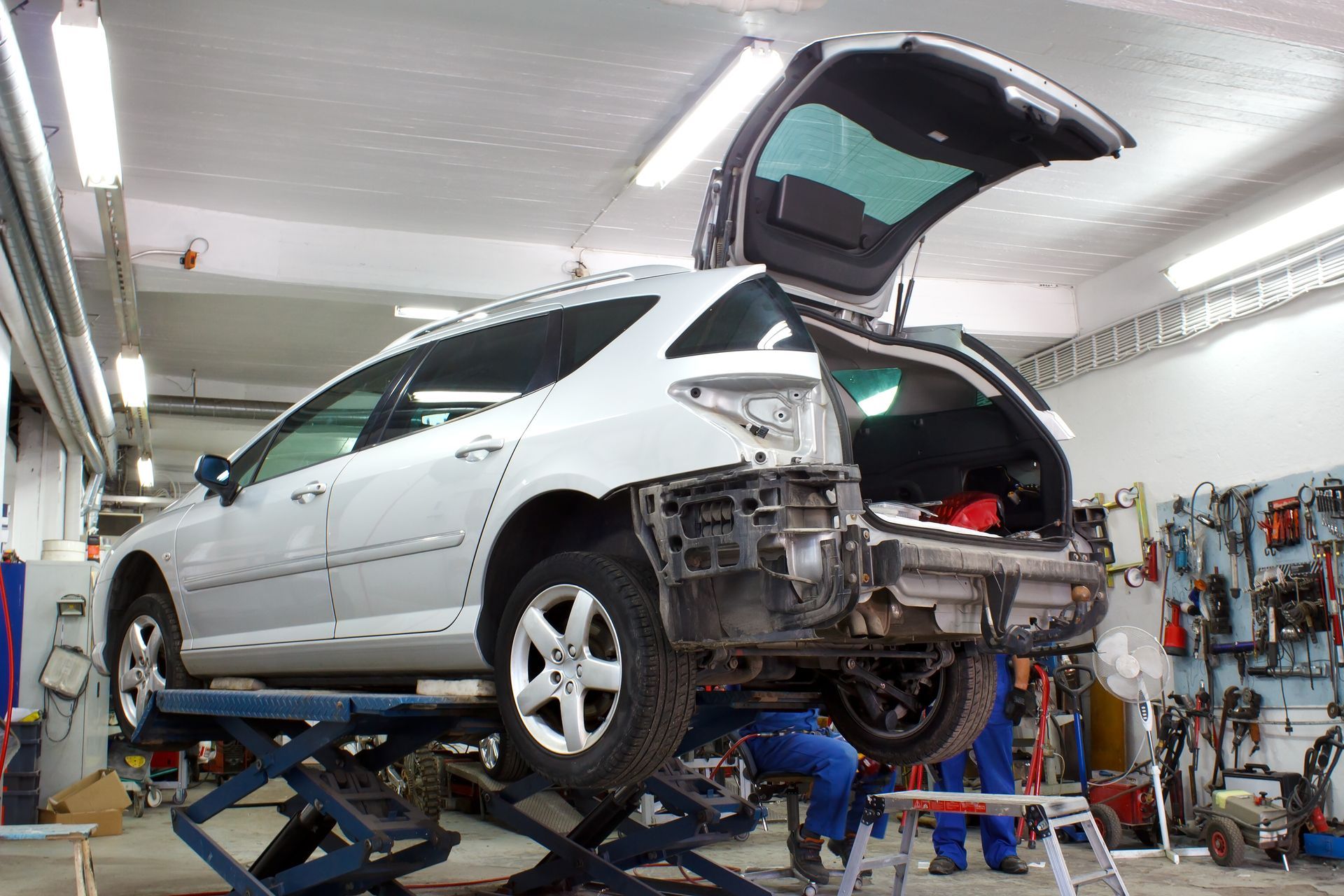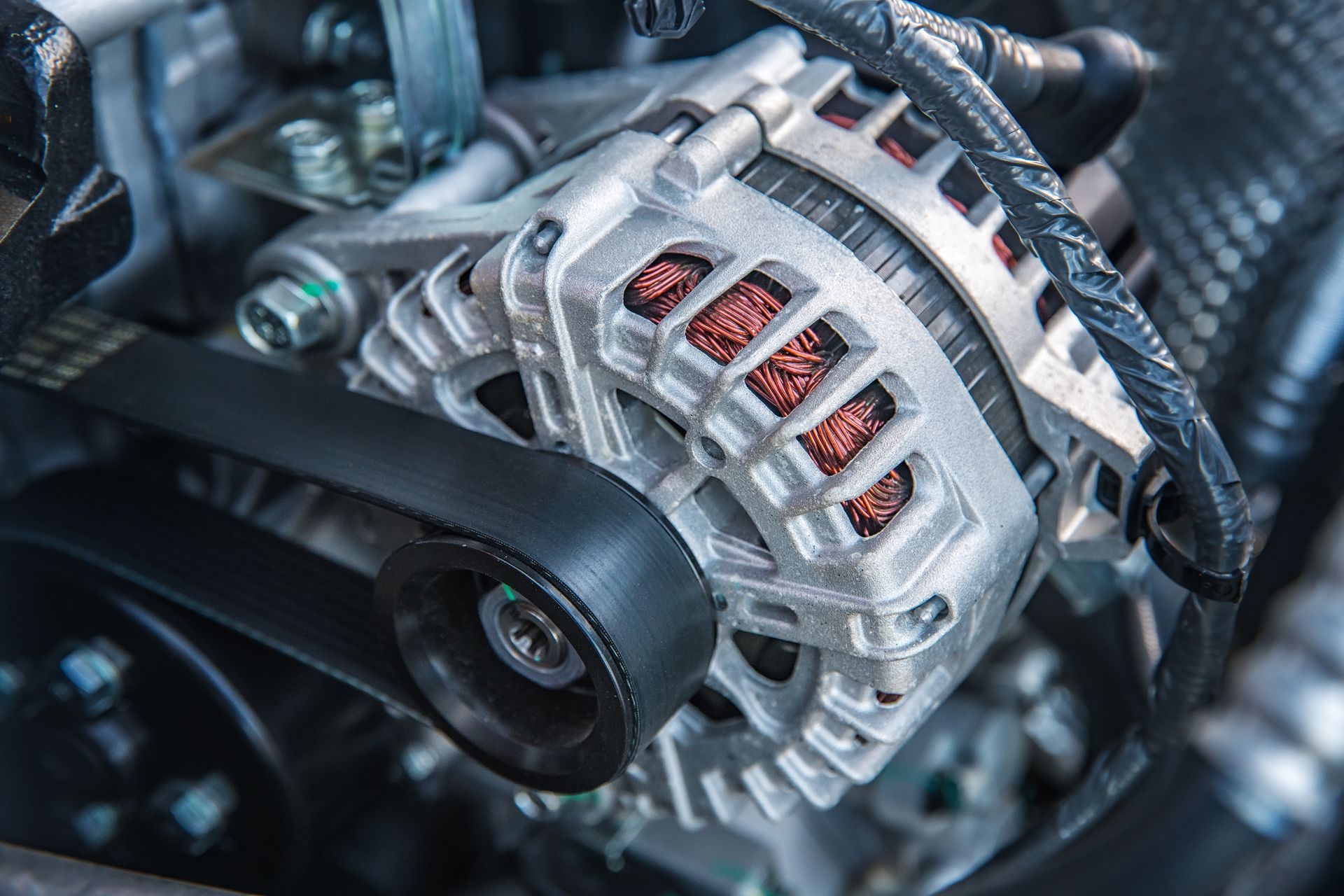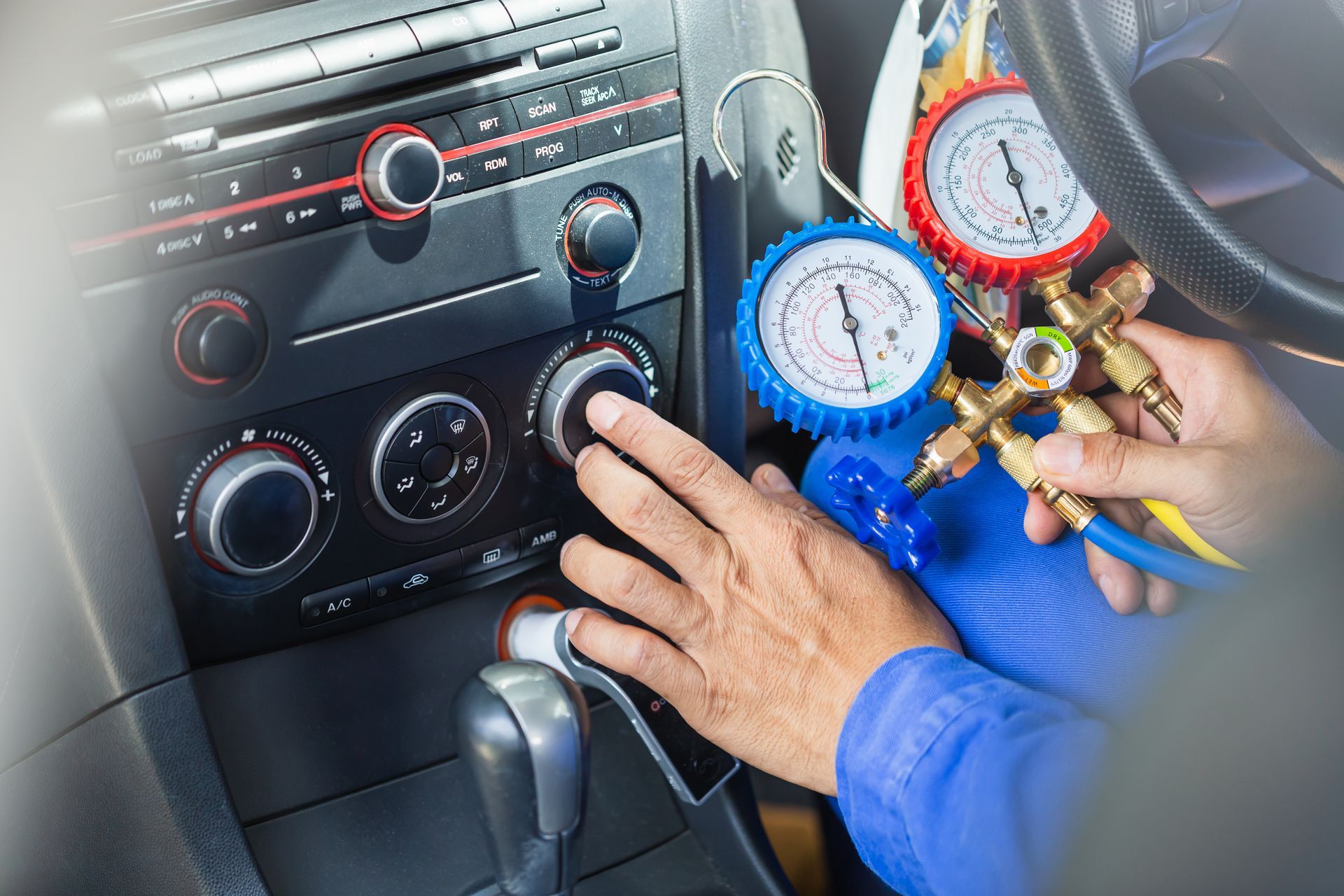How to Protect My Car from Salt and Humidity in Virginia Beach
March 28, 2025
Living near the coast has its perks—beautiful views, fresh ocean air, and easy access to the beach. But for car owners, the combination of salt and humidity can be a nightmare. Vehicles in coastal areas like Virginia Beach are constantly exposed to salty air, high moisture levels, and road salt during winter, all of which accelerate rust and corrosion. If you want to keep your car in great shape, taking the right precautions is essential. Here’s how you can protect your vehicle from the damaging effects of salt and humidity.
Are Salt and Humidity So Bad for Your Car
Salt is highly corrosive, and when combined with the moisture in humid air, it speeds up the rusting process. Rust doesn’t just affect your car’s appearance—it can weaken structural components, damage the frame, and even impact mechanical systems if left unchecked.
In coastal cities like Virginia Beach, salt exposure happens year-round. In the summer, ocean air carries salt particles that settle on your car’s surface. In the winter, road salt is used to melt ice, coating the undercarriage and leading to long-term corrosion. Over time, this exposure can cause paint damage, rust holes, and compromised safety.
How to Protect Your Car from Salt and Humidity
1. Wash Your Car Regularly
The best way to prevent salt buildup is by washing your car frequently, especially after driving near the beach or on salted roads. A good rule of thumb is to wash your car at least once a week during the winter and every two weeks in the summer.
When washing your car:
- Focus on the undercarriage, as salt tends to accumulate there.
- Use fresh water to rinse off salt residue.
- Consider using a pressure washer to remove stubborn grime.
- Waxing your car after a wash also adds a protective layer, preventing salt from sticking to the paint.
2. Apply an Anti-Rust Coating
Rust-proofing sprays and undercoatings provide an extra layer of defense against corrosion. Many professional auto shops offer rust protection treatments that coat the undercarriage, wheel wells, and other vulnerable areas. Applying these coatings annually can significantly extend your car’s lifespan.
3. Keep Your Car Covered
Parking in a garage is ideal, but if that’s not an option, consider using a high-quality car cover. Choose a breathable, water-resistant cover designed to prevent moisture buildup while still shielding your car from salty air.
If you do have a garage, make sure it’s well-ventilated. Trapped humidity can actually accelerate rust if the air isn’t circulating properly.
4. Check and Maintain Drainage Areas
Salt and moisture tend to collect in hidden spots, such as door sills, fender wells, and under the hood. Regularly inspect these areas and clear out any debris or standing water. Keeping your car’s drainage system unclogged prevents moisture from pooling and causing rust.
5. Inspect and Touch Up Paint Damage
Scratches, chips, and exposed metal spots make your car more vulnerable to rust. If you notice any paint damage, touch it up as soon as possible to prevent corrosion from spreading. Clear coat sealants also help create a barrier between your car’s paint and the salty air.
Regular Maintenance
Keeping up with routine maintenance is key to preventing salt-related damage. Regular inspections allow you to catch rust spots early and address any corrosion before it spreads. Pay extra attention to:
- Brake lines and suspension components, which can rust and lead to safety hazards.
- Exhaust systems are particularly vulnerable to salt exposure.
- Battery terminals, as salt can lead to corrosion and electrical issues.
Our multi-point inspection can help identify problem areas before they turn into expensive repairs.
Protect Your Car from Salt Damage with Help from Harvey’s Garage
Salt and humidity can take a toll on your vehicle, but with the right preventative measures, you can keep it in great shape for years to come. Regular washes, protective coatings, and proper maintenance go a long way in preventing rust and corrosion.
Salt and humidity can ruin your car over time—get ahead of the damage with expert care from
Harvey’s Garage. Visit us today for a full inspection!
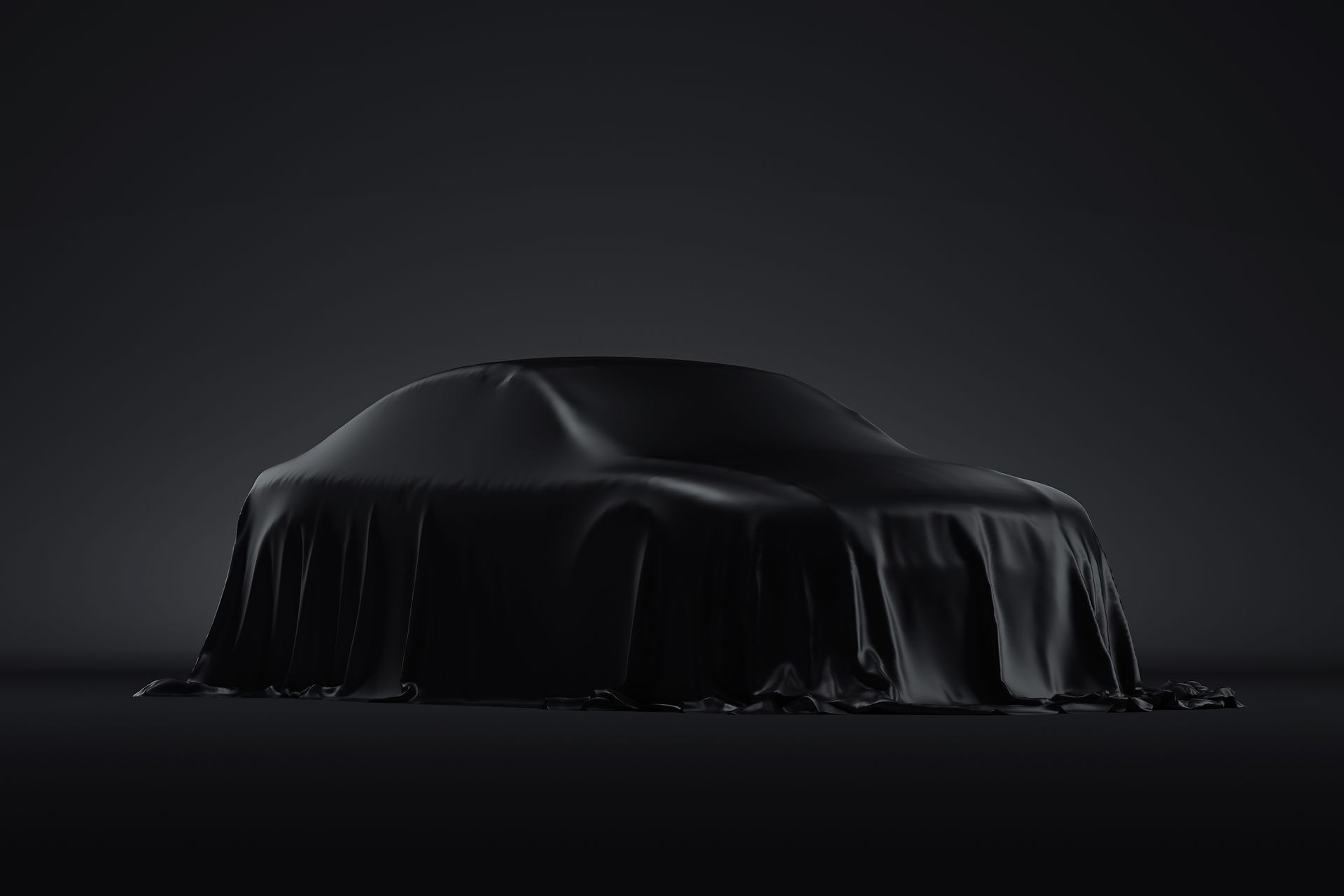
Loading ...
Missing nap lines data / Error occured while getting the data.
Image Credits | Website by


